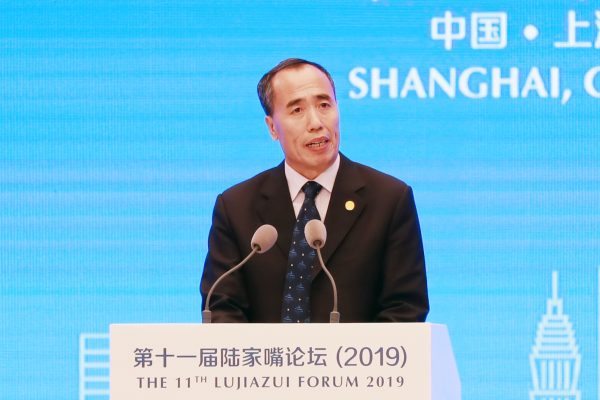While supporters of multilateral free trade may cheer the slowdown, support for the World Trade Organization (WTO) is also waning. At the plurilateral level, the Trans-Pacific Partnership had to be reconstituted after its key proponent — the United States — withdrew and remaining members struggled to bring into effect even a much watered-down version. The Regional Comprehensive Economic Partnership (RCEP) has been diminished by India’s decision not to join. Then, of course, there is Brexit and the ongoing US–China trade war.
FTAs are being replaced by the proliferation of free trade disagreements (FTDs). Unlike FTAs, FTDs are not easy to measure or define — they cover a wide range of actions and inactions. They may be difficult to quantify, but they are real. FTDs arise when free or freer trade leads to outcomes that are perceived as being unfair by at least one party. When the benefits (or costs) of freeing up trade are viewed by participants as being disproportionately distributed, tensions can lead to FTDs.
FTDs also arise when there are significant shifts in the distribution of global economic power. As the economic size of rivals catch up to the prevailing hegemon, the risk of conflict also rises sharply. With Japan in the past and China more recently, the response appears to be triggered when their share of the GDP of the United States surpasses the 60 per cent mark.
And when new major economic powers emerge, they generally do so by increasing their commercial relations with existing ones, resulting in greater interdependence. Although greater interdependence theoretically reduces the risk of conflict — as the costs are higher with more at stake — this is rarely observed in practice. This results in a sense of inevitability toward such conflicts and all that can be done is to contain them and manage their consequences. So far, there has been a rather poor job of both.
Why should policymakers be concerned about the proliferation of FTDs?
There is the obvious harm of FTDs reducing the mutually beneficial gains from freer trade and creating costs associated with rising protectionism. Anti-dumping actions and countervailing duties have increased sharply. Developing countries are now also taking actions against developed countries when it used to be mainly the other way around. Other forms of ‘murky protectionism’ are also on the rise — from the use and abuse of sanitary and health regulations to the widespread use of illegal subsidies and restrictive procurement arrangements.
Rising protectionism can be a cause and/or consequence of FTDs and result in retaliatory action that perpetuates the problem.
Responses sometimes involve the removal of a preference rather than the imposition of a punitive measure. If FTAs are more accurately described as preferential trade agreements, then this sometimes applies to FTDs or preferential trade disagreements too. For instance, in 2019, the European Union is reviewing its tariff waiver for Cambodia and Myanmar under the Everything but Arms preference scheme due to concerns over non-economic issues. Not only may tariffs rise, but we may have another case of trade policy being used for purposes unrelated to it. It seems any issue or dispute can now threaten trade.
At a fundamental level, the efficacy of a rules-based order is at risk.
The WTO oversees a rules-based multilateral trading system, yet its role and influence continues to diminish. The United States has been blocking the appointments and reappointments of members to the Appellate Body of its dispute settlement mechanism. With membership down to three, some foresee a crisis in December 2019, when the WTO Appellate Board will stop operating without more appointed members.
The enduring US–China trade war could contribute to a further weakening of the rules-based order by generating a domino-type effect not dissimilar to that of the proliferation of FTAs. The United States has been engaged in much less publicised mini-trade wars with India and the European Union, already affecting trade in steel and aluminium. Japan and South Korea are also engaged in an escalating trade dispute. These trade wars could worsen.
Trade wars are easy to start but hard to end. Not only can they escalate quickly, but they can spread to new issues, sectors and regions, as well as ignite new wars. The proliferation of FTDs is more pernicious than the proliferation of FTAs that preceded it. The phenomenon of FTDs threatens to damage the rules-based order in a way that would take decades to recover, and some of the damage risks being beyond repair.
Jayant Menon is a Lead Economist (Trade and Regional Cooperation) in the Office of the Chief Economist at the Asian Development Bank (ADB), Manila. In 2020, he will be a Visiting Senior Fellow at the ISEAS–Yusof Ishak Institute, Singapore.

